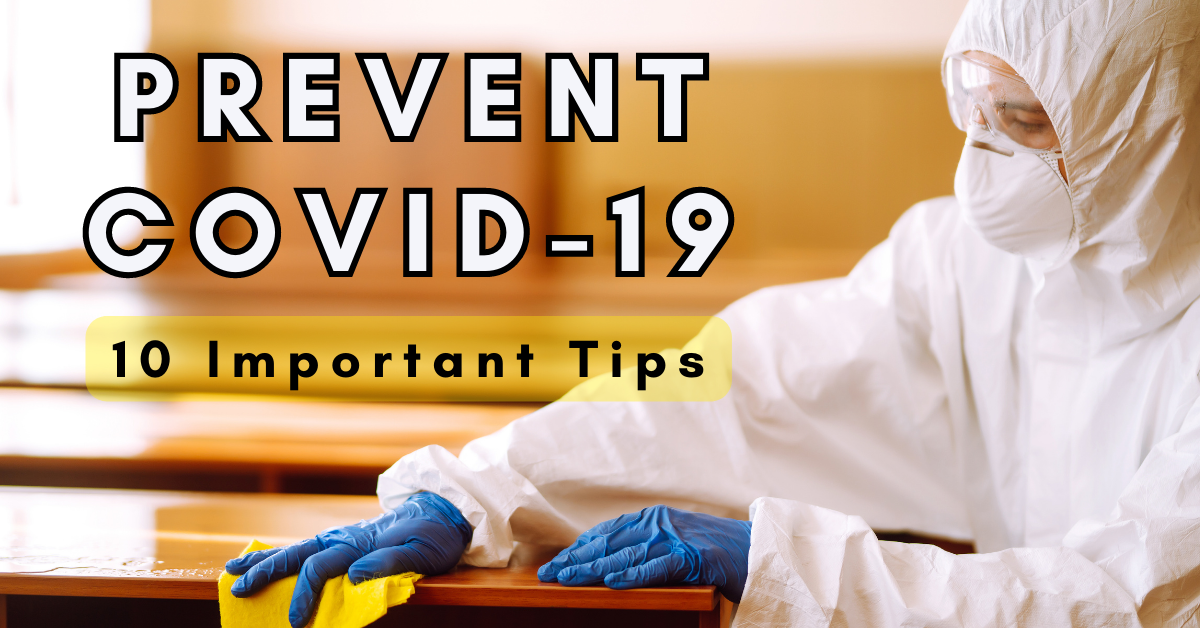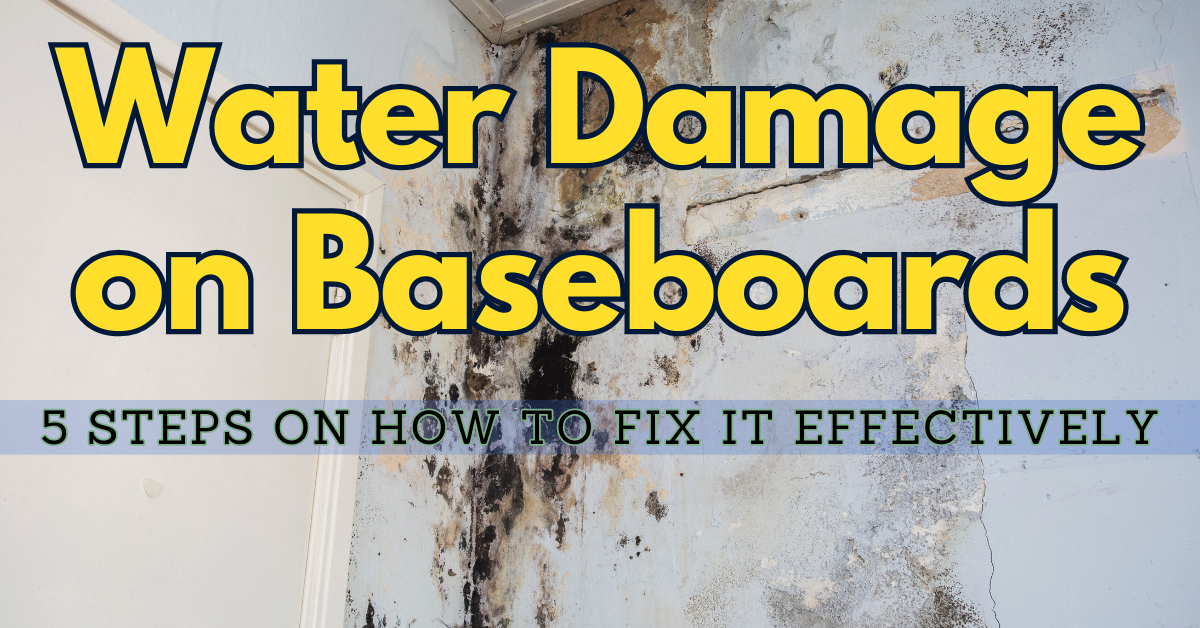 Of all the appliances in your kitchen, dishwashers are often the most disappointing. Unless you have a new top-of-the-line model, you probably have the dishwasher that came with the house. Generally speaking, leaves are serviceable machines but not Phoenix’s.
Of all the appliances in your kitchen, dishwashers are often the most disappointing. Unless you have a new top-of-the-line model, you probably have the dishwasher that came with the house. Generally speaking, leaves are serviceable machines but not Phoenix’s.
Dishwashers are the popular household appliance that offers convenience and efficiency when it comes to cleaning dishes. However, dishwashers can also pose a risk of water damage if not properly maintained or used. Dishwashers use a significant amount of water to clean dishes, and if there is a leak or malfunction, it can lead to water damage in the surrounding areas. It’s important to regularly inspect the dishwasher for any signs of leaks or damage, such as cracked hoses or loose connections. Additionally, it’s recommended to replace the dishwasher’s hoses every five years to prevent any potential leaks.
When a dishwasher is functioning properly it can save you a great deal of time and effort. Generally, however, dishwashers seem to fail in their one and only task. After a long session of washing the dishes, you open up the washer only to find that the dishes are by no means clean. What causes this?
Reasons Why Dishwashers Don’t Make Dishes Clean
While dishwashers can be a convenient and efficient way to clean dishes, they may not always result in spotless dishes. Several factors can affect the cleanliness of dishes, leading to the question of whether dishwashers truly make our dishes clean.
One reason for dishes to come out of the dishwasher dirty is that the water that is being used to clean them is itself dirty. If your water is high in mineral content and you do not have a saltwater filter then your dishes may be caked in a white powdery substance. These are harmless minerals found in the water being pumped to your home but it is not aesthetically pleasing. This can be cured by the purchase and installation of a saltwater filter system.
Dishwashers also have an unfortunate habit of overflowing, though this is usually due to human error. In a vain attempt to make your dishwasher perform the function for which it was intended you may put too much soap in it. After a very short while the dishwasher will start to foam up and the soap will escape, usually onto the kitchen floor. If not dealt with quickly this can lead to long-term water damage. Sometimes doing things the old-fashioned way, washing dishes by hand, is the right way to go.
Dishwasher’s Efficiency
While dishwashers offer convenience and time-saving benefits, they may not always result in perfectly clean dishes. Various factors can affect the cleanliness of dishes, including the quality of water, the type of detergent used, and the dishwasher’s efficiency. It’s important to keep in mind that dishwashers are not a substitute for proper dishwashing techniques, such as pre-rinsing or scrubbing tough stains. Additionally, dishwashers can pose a risk of water damage if not properly maintained or used, highlighting the importance of regular inspection and cleaning.
In order to achieve the best results with your dishwasher, it’s important to select a quality machine and follow the manufacturer’s instructions carefully. By doing so, you can minimize the risk of water damage and ensure that your dishes are as clean as possible. However, it’s important to keep in mind that even with the most advanced dishwasher technology, a few dishes may still require handwashing or extra attention. Ultimately, the cleanliness of your dishes will depend on various factors, and it’s important to be aware of these factors and take the necessary precautions to achieve the best results.




